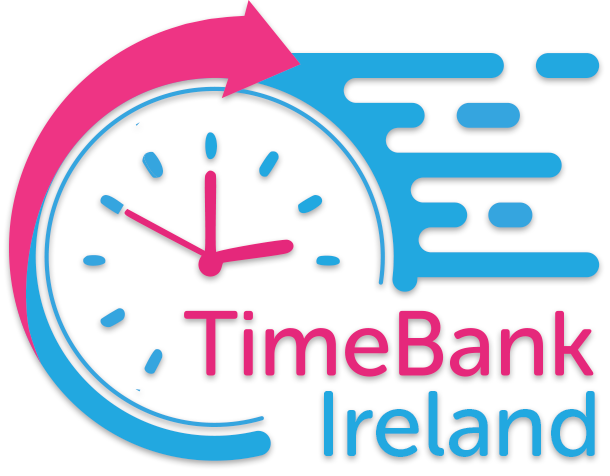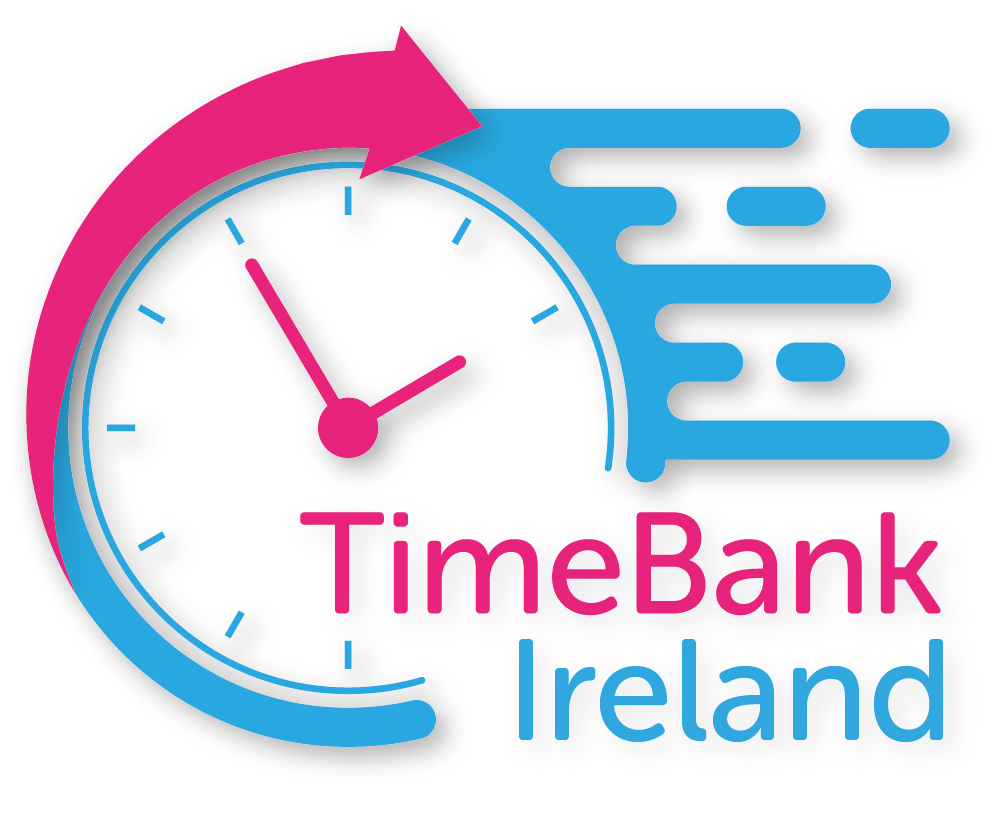The Difference between a Time Bank and a LETS Scheme

Introduction
In today’s society, various alternative economic systems have emerged to foster community resilience and encourage localized exchange. Two prominent examples are Time Banks and LETS (Local Exchange Trading Systems). These models offer unique approaches to trading goods and services without using conventional currency. While both systems operate on principles of reciprocity and community support, they have distinct characteristics and functions. This article aims to delve into the key differences between Time Banks and LETS schemes, shedding light on their benefits and limitations.
1. Time Banks: An Overview
Time Banks are community-based systems that facilitate the exchange of services and skills without using money as a medium of exchange. Instead, participants trade their time and expertise for credits, known as “time credits.” One hour of work is generally equivalent to one time credit, regardless of the nature of the service provided. Time Banks operate on the principle that every person’s time and skills are valuable and worthy of exchange. Members can utilize their accumulated time credits to request services from other participants within the network.
2. LETS (Local Exchange Trading Systems): An Overview
LETS, or Local Exchange Trading Systems, are mutual credit systems that also promote exchange within communities without the use of conventional currency. Participants earn “LETS credits” by providing goods or services to others within the network. Unlike Time Banks, the value of these credits is determined by the market, which means that participants can negotiate the number of credits for a particular service or item. LETS schemes offer more flexibility in determining exchange rates compared to the fixed one-to-one ratio found in Time Banks.
Key Differences between Time Banks and LETS Schemes
Valuation and Exchange Mechanism
The primary distinction between Time Banks and LETS schemes lies in their valuation and exchange mechanisms. In Time Banks, services are valued equally, with every hour of work being equivalent to one time credit. This egalitarian approach ensures that all participants’ contributions are equally recognized and valued.
On the other hand, LETS systems employ a market-driven approach, allowing participants to negotiate the value of goods and services based on individual preferences and supply-demand dynamics. While this flexibility can lead to more efficient exchanges, it might also result in certain services being undervalued or overvalued, leading to potential imbalances within the system.
Focus on Time vs. Goods and Services
Time Banks primarily focus on exchanging services and skills. Participants are encouraged to contribute their time and expertise to help others in the community, promoting a sense of solidarity and interdependence. This time-based exchange fosters a community spirit and facilitates social connections beyond simple transactions.
LETS schemes, on the other hand, are more open-ended and encompass a wider range of goods and services. While services remain a key component, LETS participants can also trade tangible goods, allowing for a more diverse exchange platform. This inclusion of goods can cater to the needs of participants who may not have specific skills to offer but have surplus items to share.
Record-Keeping and Administration
Both Time Banks and LETS systems require efficient record-keeping and administration to ensure smooth functioning. In Time Banks, tracking time credits is relatively straightforward, as each hour of service is equivalent to one time credit. Administrators can manage accounts more easily, making it simpler to monitor and balance the system.
In contrast, LETS schemes require a more intricate record-keeping process due to the variable valuation of goods and services. Participants must agree on the credit value for each transaction, which can lead to complexities in bookkeeping and administration. Moreover, fluctuations in the market-driven valuation may require constant adjustments to maintain equilibrium.
Community Building and Social Impact
Time Banks are renowned for their emphasis on community building and social impact. By promoting the exchange of services and skills, participants develop a sense of belonging and empowerment. Time Banks often contribute to community development by addressing local needs and encouraging civic engagement.
LETS schemes, too, foster community connections, but their focus on a broader range of goods and services might not have the same depth of impact on social cohesion as Time Banks. Nevertheless, LETS systems can stimulate local economies, encourage sustainable practices, and empower individuals by providing a platform to share resources.
Conclusion
In summary, Time Banks and LETS schemes are both remarkable examples of alternative economic systems that promote community support and reciprocity. While Time Banks emphasize the equal valuation of time and skills and foster community building, LETS systems embrace more diverse exchanges with variable valuations driven by the market. Each model comes with its unique strengths and challenges, and the choice between them depends on the specific needs and priorities of a community. In an increasingly interconnected world, these innovative economic models offer valuable lessons on building sustainable and resilient local communities while promoting the collective well-being of society as a whole.






